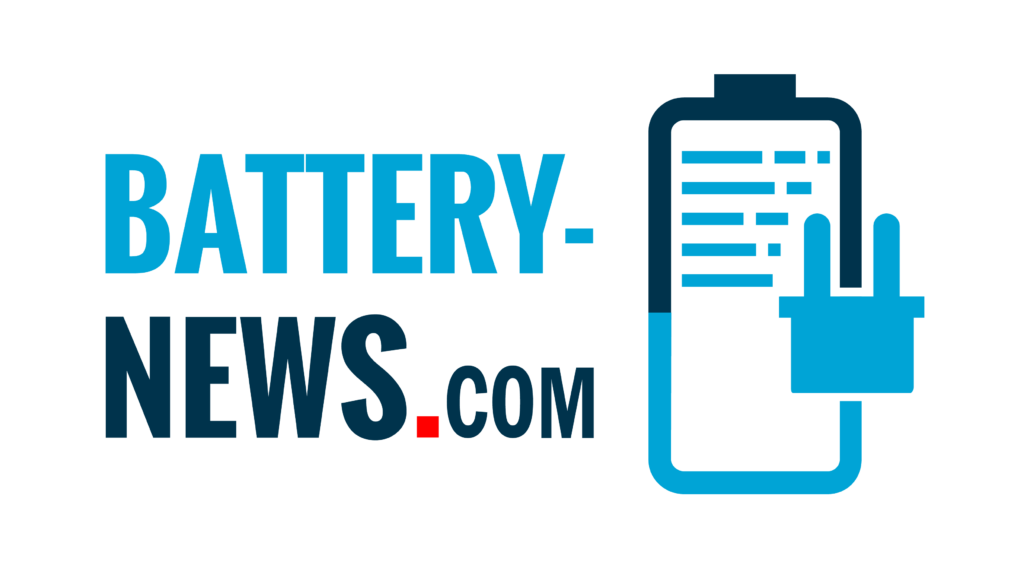What are the most critical challenges facing the battery industry in the United States of America? According to this year’s California Battery Manufacturing Summit, there is an urgent need for cost efficiency, talent acquisition, and innovative manufacturing practices to keep pace with global competitors such as China.
At the Lawrence Berkeley National Laboratory’s (LBNL) annual battery manufacturing conference in California, it became clear that the industry is facing a significant shortage of talent with experience in both battery technology and manufacturing processes. As demand increases, it is becoming more and more expensive to find – and retain – skilled workers with this dual expertise. For companies that want to scale battery production efficiently, practical vocational training is also crucial, especially for production tasks such as operating coating systems.
Consolidation and flexible production lines
“Battery production in the U.S. must overcome the challenges of three markets simultaneously: the throughput of paper, the complexity of semiconductors, and the margin of solar,” said Aubert Demaray, Director of Operations at SpectraPower. In order to remain globally competitive, the consolidation of companies and research facilities is just as essential as the establishment of flexible production lines that enable groundbreaking inventions to be turned from laboratory scale into market-ready products more quickly. The transition from innovation to scalable production remains a key challenge to date.
Fraunhofer FFB: A role model from Germany
The Fraunhofer Research Institution for Battery Cell Production (FFB), based in Münster, Germany, was highlighted in California as a role model for the further development of the U.S. battery industry. At the conference in California, FFB Division Director Christoph Baum explained the projects with which the facility has established itself as an important hub for scaling innovations in battery production in Germany. Funded by the federal government and the state of North Rhine-Westphalia with up to 680 million euros, Fraunhofer FFB offers companies – ranging from small start-ups to large corporations – an infrastructure with which the near-series production of new battery technologies can be tested and scaled up. A model based on the FFB could help close the gap in battery production in the United States and reduce dependence on overseas supply chains.

Sacramento: Growing center for innovation
In the U.S. state of California, the capital Sacramento is currently developing into an important location for the expansion of battery production. Located two hours from the Bay Area, Sacramento offers a supportive ecosystem with a strong workforce, affordable operating costs, and efficient permitting through the California Mobility Center (CMC). Utility companies such as SMUD offer industrial rates that are up to 45 percent lower than elsewhere in California. In addition, Sacramento is considered uniquely positioned to support large-scale testing of energy systems – a critical need in the U.S. battery industry.
20 million dollars in funding
Meanwhile, the California Energy Commission (CEC) will soon provide a 20 million dollar grant as part of its EPIC 4 investment plan to promote advanced battery manufacturing in the state. The program focuses on providing a flexible pilot production environment for battery industry start-ups to enable them to transfer their technologies into existing manufacturing processes. The CEC initiative is also dedicated to implementing independent benchmarking and testing procedures to validate and demonstrate new technologies for industry players. Also in focus: workforce development and training to ensure a sustainable pool of talent ready to meet the ever-evolving needs of the industry. The initiative is closely aligned with the recent California Battery Manufacturing Summit’s focus on flexibility and scalability.



